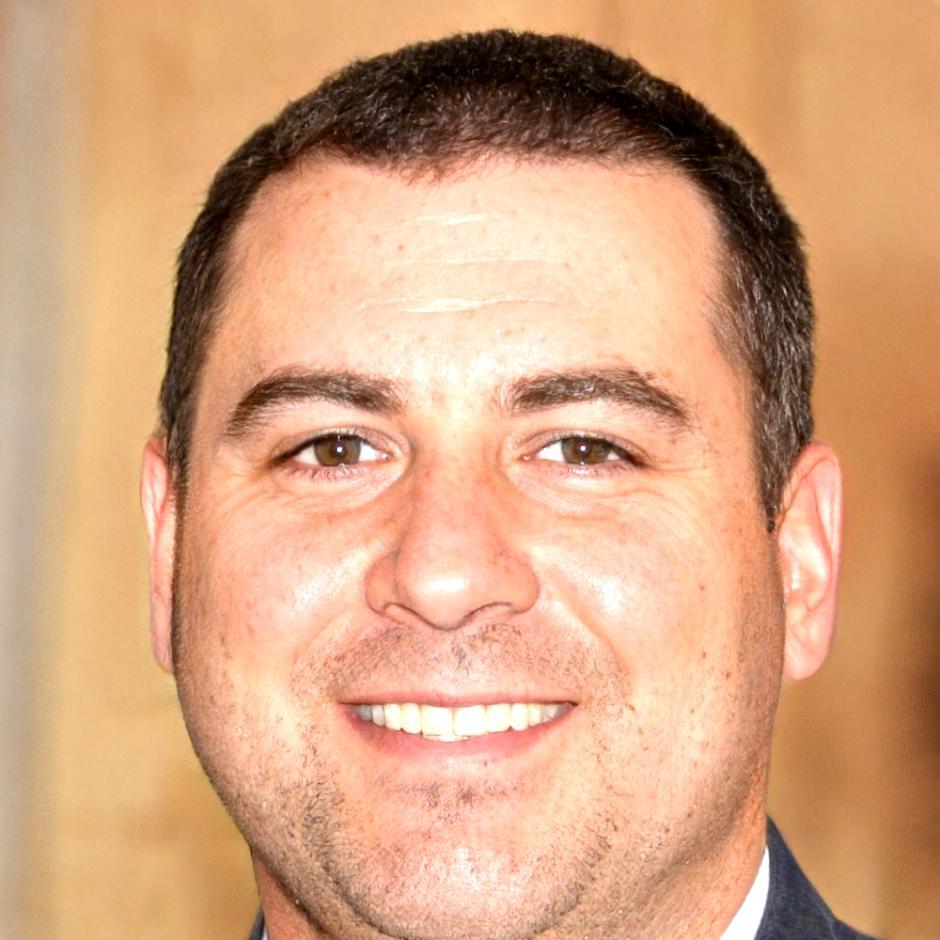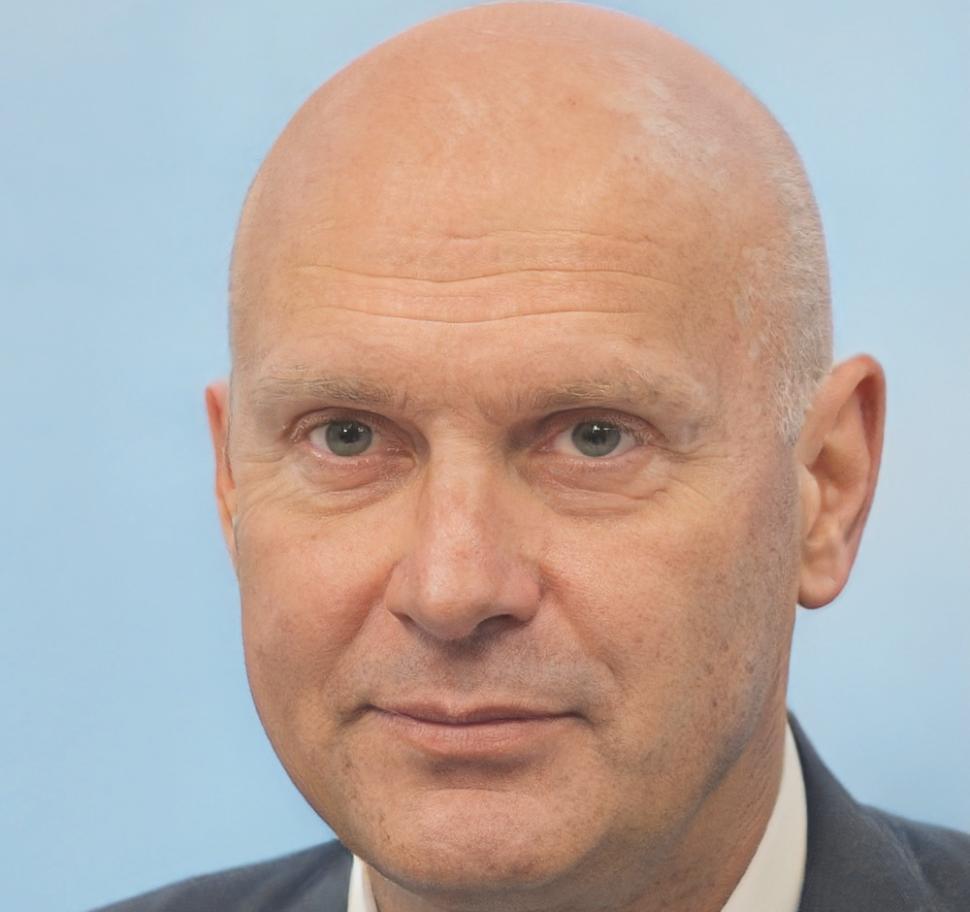Financial Analysis Skills That Actually Matter
Most people think fundamental analysis is about memorising formulas and staring at balance sheets until your eyes glaze over. But here's what actually works – understanding what numbers mean for real businesses, spotting patterns that matter, and making sense of market movements without needing a PhD in economics.
Our program starts in September 2025 and runs for twelve months. You'll work with financial data from Australian companies, learn to read economic indicators, and develop the kind of analytical thinking that helps you make informed decisions. No shortcuts or miracle promises – just practical skills built through consistent effort.
Get Program Details
What You'll Learn Over the Year
The curriculum covers financial statement analysis, valuation methods, economic indicators, and market research techniques. But it's structured around actual case studies from the Australian market – companies you've heard of, situations that really happened.
We spend the first three months on foundations. Reading financial statements properly, understanding ratios that actually tell you something useful, getting comfortable with the terminology. Then we move into valuation approaches and how different methods suit different scenarios.
The second half focuses on applying these skills. You'll analyse real companies, evaluate investment theses, and learn to spot red flags before they become disasters. By the end, you should be able to assess a company's financial health without relying on someone else's opinion.
Core Skills Development
- Financial statement interpretation and trend analysis across multiple reporting periods
- Ratio analysis with context – understanding when metrics matter and when they're misleading
- Valuation techniques including DCF, comparable company analysis, and precedent transactions
- Economic indicator assessment and how macro trends affect individual companies
- Competitive analysis frameworks to evaluate market positioning and moat sustainability
- Risk identification and scenario modelling for different business outcomes
How the Program Works
This isn't a lecture series where you take notes and move on. It's a year-long process of building skills through practice, feedback, and gradual complexity increases.
Weekly Sessions
Live online sessions every Tuesday evening from 7:00 to 9:00 PM AEST. We walk through new concepts, work on examples together, and discuss current market situations. Sessions are recorded if you need to catch up, but the real value is in the discussions.
Between sessions, you'll have assignments – usually analysing a specific company or sector. These aren't busy work. They're designed to reinforce what we covered and push you to apply it in slightly different contexts.
Small Group Work
You'll be in a group of four to five people for the duration. Every month, your group tackles a comprehensive analysis project – picking a company, researching it thoroughly, and presenting findings.
This mirrors how analysis actually happens in professional settings. You learn from each other's perspectives, catch mistakes before they become problems, and develop the ability to defend your conclusions with evidence.
Real Data, Real Companies
Everything we analyse comes from actual Australian companies – their published financials, market performance, news coverage, and regulatory filings. You'll learn to navigate ASIC databases, extract useful information from annual reports, and track down the details that matter.
By working with real data rather than sanitised textbook examples, you'll encounter the messy reality of financial analysis. Missing information, conflicting signals, and situations where the right answer isn't obvious. That's where actual learning happens – when you have to think through ambiguity and make reasoned judgments.
Who You'll Learn From
Our instructors have spent years doing this work professionally. They've made mistakes, learned from them, and developed approaches that actually work in practice.

Finlay Deveaux
Senior Financial Analyst
Finlay spent twelve years at various investment firms in Melbourne before moving into education. He specialises in healthcare and technology sector analysis, and he's particularly good at explaining why certain valuation approaches work better for growth companies versus mature businesses. His sessions tend to focus on the practical side – what actually matters when you're trying to make a decision.

Toivo Eklund
Equity Research Specialist
Toivo worked in equity research for nine years, covering industrial and materials companies across the Asia-Pacific region. He's especially knowledgeable about commodity-exposed businesses and how to assess companies that operate in cyclical industries. His teaching style is methodical – he walks you through his thought process step by step, showing you how to build robust analysis frameworks.
Applications Open June 2025
We accept 40 participants for each cohort to maintain quality interactions and proper feedback loops. If you're interested in developing genuine analytical skills over the next year, reach out for more information about curriculum details, schedule, and what to expect.
Contact Us About Enrollment